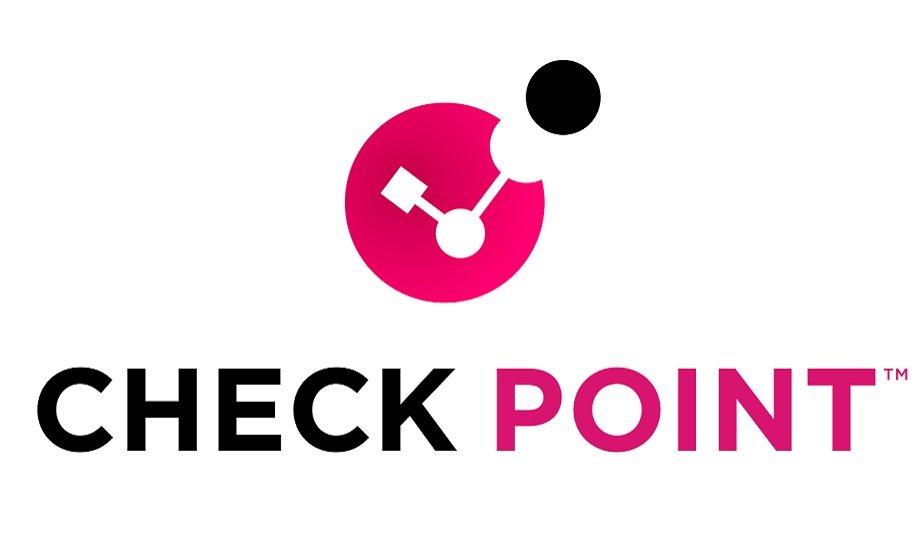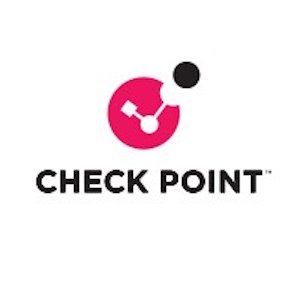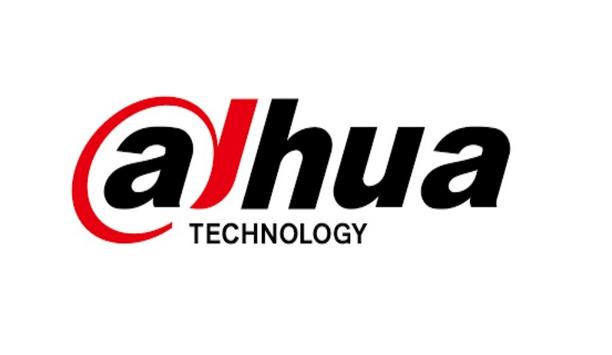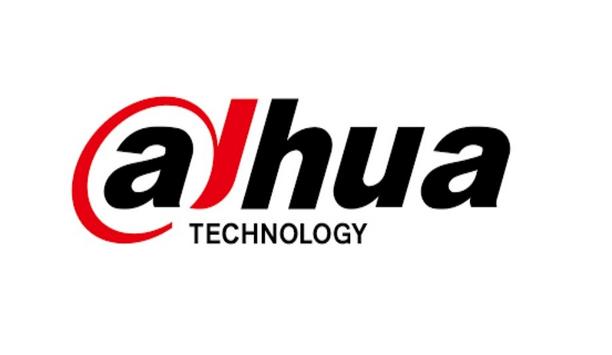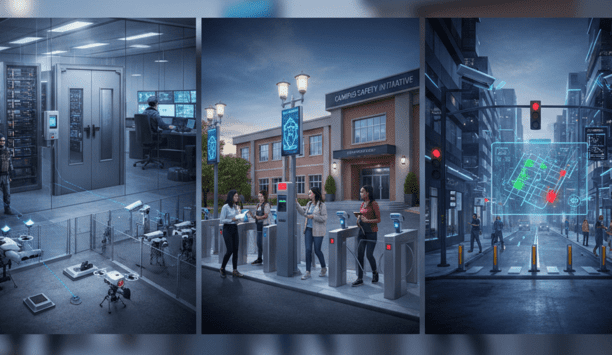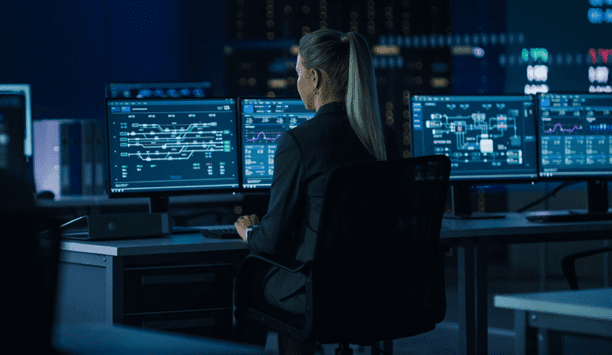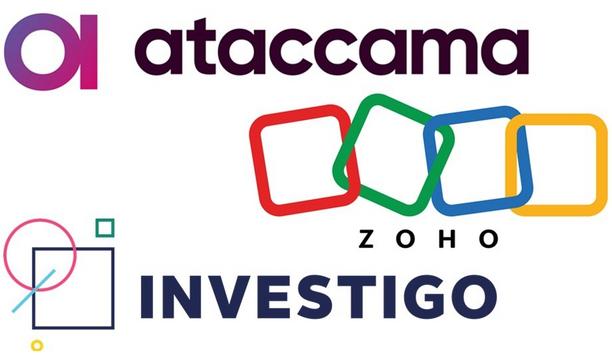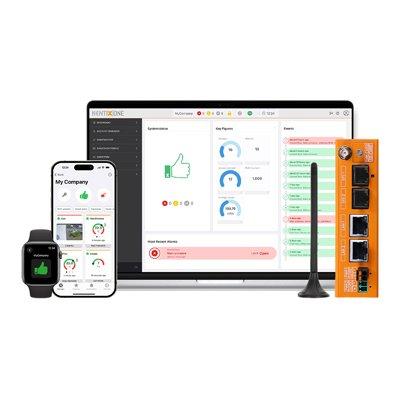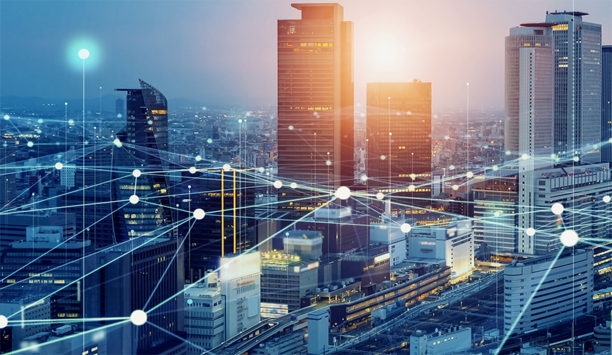The Cyber Leader Summit, held at London’s Leadenhall Building and hosted by Check Point® Software Technologies Ltd., a pioneering AI-powered, cloud-delivered cyber security platform provider, served as a forum for discussing the escalating threats in the cyber landscape, with a particular focus on the alarming rise in cybercrime and the critical need for more robust defenses.
The one-day event brought together over 200 delegates, along with experts from Check Point, Microsoft, Omdia, and Hashicorp among others, to explore the biggest cyber threats facing organizations. Cyber pioneers headed to the capital to listen, review, and engage in talks around the global risk of security facing all industries.
Cyber Security Breaches Survey
Citing the rule Cyber Security Breaches Survey Weir shared that 50% of UK firms
Mark Weir, Regional Director for UK & Ireland at Check Point addressed the audience in his opening remarks, arguing that they need to revise the minimum security level in this country. Citing the government’s Cyber Security Breaches Survey Weir shared that 50% of UK businesses have been breached in the last year, while 75% of senior pioneers believe cyber security is important.
With Ransomware and email breaches remaining the top threats for organizations, the question being asked at the summit was, “who is behind the cyberattacks?” Deryck Mitchelson, Global CISO at Check Point delved into this during his presentation where he explored the topic of Artificial Intelligence (AI) as a looming economic threat and its influence on attack methods.
Substantial financial gains
Addressing the geopolitical dimensions, Mitchelson noted the significant threats originating from China, Russia, and Iran, particularly emphasizing China's dual role as a technological partner and a substantial cyber threat. "The level of threat from China tends to be quite political as we’re deeply embedded with them in terms of technology exports. Yet, they pose a huge threat to us," he explained.
He addressed the stark reality that cybercrime is on track to surpass the GDP of China by 2028 and highlighted the substantial financial gains cybercriminals are making, leveraging advanced tactics such as Phishing as a Service, which can be acquired for as little as $120 a month. Mitchelson remarked, "We're seeing a phishing epidemic – the accessibility and affordability of these services are contributing to the surge in successful cyberattacks."
Power of AI and deep learning
Mitchelson pointed to several high-profile breaches, including the theft of data from NHS Dumfries
Deryck went on to share examples of how deepfakes, including voice clones, have had an impact on businesses and could potentially influence major events such as the general elections later this year. Mitchelson pointed to several high-profile breaches, including the theft of data from NHS Dumfries and Galloway as well as valuable lessons from the British Library. "All these attacks are preventable. None of these are classed as next-generation attacks. We should be doing much better to protect our organizations."
“It is important that we don’t underestimate the potential impact this technology could have on organizations of all sizes. The good news is that companies like Check Point are leveraging the power of AI and Deep Learning to predict and prevent attacks from happening.”
Threat posed by ransomware
In the morning, delegates also heard from other industry experts including Marco Eggerling, Global CISO at Check Point. He provided insights into the world of Artificial Intelligence, demystifying the role of unknown cybercriminals. Other sessions included talks from Glen Robinson, National Technology Officer at Microsoft on digital defense in the AI era and Maxine Holt, Senior Director VP at Omdia regarding improving cyber hygiene.
The People Hacker raised the awareness of humans being the number one risk factor for organization
The afternoon featured more presentations with Charlotte Wilson, Director at Hashicorp advocating for diversity in the industry, guest speaker Jenny Radcliffe aka The People Hacker raised the awareness of humans being the number one risk factor for organization. The summit also highlighted the ongoing threat posed by ransomware in the UK and Ireland, which have become hotspots for such attacks. The day finished with a panel discussion where experts discussed the threat level and need for resilience on a larger scale.
Cybersecurity strategies
On that point, Mitchelson added: "Developing cyber resilience should be a key focus not just for organizations but for states and the public sector. In closing, Mitchelson urged attendees to rethink their cybersecurity strategies and prioritize cost-effectiveness, resilience, and the mental health of cyber teams."
"We need to manage the mental health of individuals within our teams while ensuring resilient organizational structures," he concluded.
Learn why leading casinos are upgrading to smarter, faster, and more compliant systems

